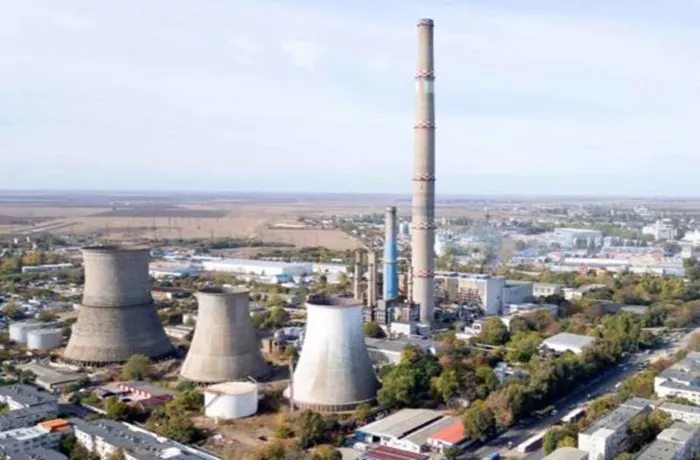Energy solutions provider INNIO Group, in collaboration with Clarke Energy, is spearheading a significant modernization effort for two major combined heat and power (CHP) plants in Romania. The initiative will see the installation of advanced Jenbacher hydrogen-ready engines at facilities in Arad and Constanta.
Romanian EPC contractor Elsaco Electronic has chosen these cutting-edge engines to drive the decarbonization of the CHP power plants. INNIO’s Jenbacher J920 FleXtra engines, which are capable of operating on up to 100% hydrogen, will replace existing systems, targeting a reduction in emissions and primary energy consumption by around 30% compared to conventional power and heat production methods.
Under the project, Clarke Energy will deploy eight Jenbacher J920 FleXtra cogeneration units—five in Constanta and three in Arad. The units in Constanta will generate approximately 53 MW of electrical and 50 MW of thermal energy, while the Arad units will contribute about 32 MW of electrical and 30 MW of thermal energy. This upgrade will boost the total energy output by 85 MW of electrical and 80 MW of thermal energy, sufficient to power approximately 180,000 households.
These enhanced CHP plants are poised to play a crucial role in bolstering Romania’s energy infrastructure, ensuring both efficiency and security while advancing the country’s shift towards a more sustainable energy system.
Șerban Iftime, CEO of Elsaco Electronic, emphasized the strategic importance of the project: “Elsaco is dedicated to developing new power plants essential for Romania’s energy security. INNIO Group’s innovative, hydrogen-ready technology, combined with Clarke Energy’s expertise, provides the future-proof solutions we need.”
Dr. Olaf Berlien, President and CEO of INNIO Group, highlighted the significance of the collaboration: “Our joint efforts with Elsaco and Clarke Energy represent a critical step in the decarbonization of Romania’s energy sector.”
Funded by the European Union as part of the Romanian National Recovery and Resilience Plan, these projects are aligned with Romania’s goal of achieving net zero emissions by 2050. Completion is projected for the summer of 2026.
Related topics:
- Former Polish Official on the Run Amidst Corruption Scandal over Generator Procurement for Ukraine
- Surge in Prepaid Electricity Meter Tampering Sparks Concerns in South Africa
- Power Supply Restoration on Track for Bacolod City with New Generators and Infrastructure Upgrades

